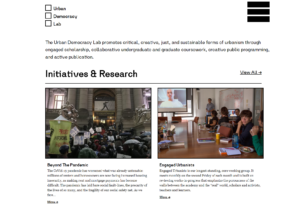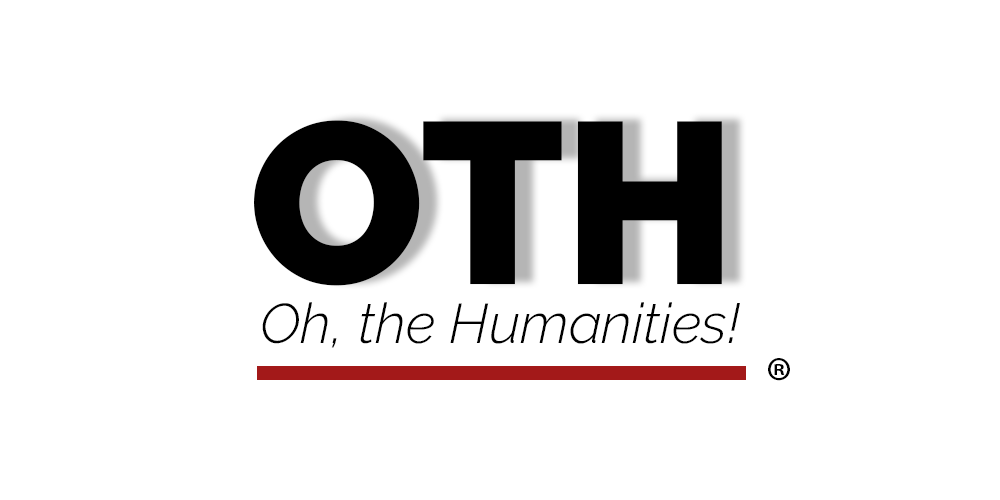
Provided by the Urban Democracy Lab
By the end of the first term of the new mayor, 62,810 city-backed affordable housing units will face expiring-use (expiration of their affordability) in New York City. Now is the time for New York City to adopt a steadfast approach to affordable housing. This crisis requires public policy that removes housing from the speculative market and expands its supply. The NYC Social Housing Development Authority: A People-First Housing Engine for New York City is a detailed report that recommends municipality backed social housing. A Social Housing Development Authority in NYC, if established by city and state, can both move real-estate away from the private market and reserve them for community control. It is a people-first strategy that acknowledges housing as a right, not a commodity.

The NYC Social Housing Development Authority: A People-First Housing Engine for New York City was co-authored by the Urban Democracy Lab, a university-based initiative that believes universities can play a critical civic role in promoting social justice scholarship, curricular innovation, public engagement, and programming. We are inspired by the idea of a social lab, and promote experimentation and collaboration, to identify systemic solutions. Municipal social housing is not a novel concept; international communities have used this strategy and seen varying levels of success. SHDA combines global examples (like social housing in Vienna, Austria) with locally held mechanisms such as TOPA and the Housing our Neighbors with Dignity Act, to propose a model adapted for the City. Critical to the work in this report are our incredible organizers at Housing Justice For All. Housing Justice For All is a statewide movement of tenants and homeless New Yorkers who fight for tenant and homeless centered policy changes at the local, state and federal level.

